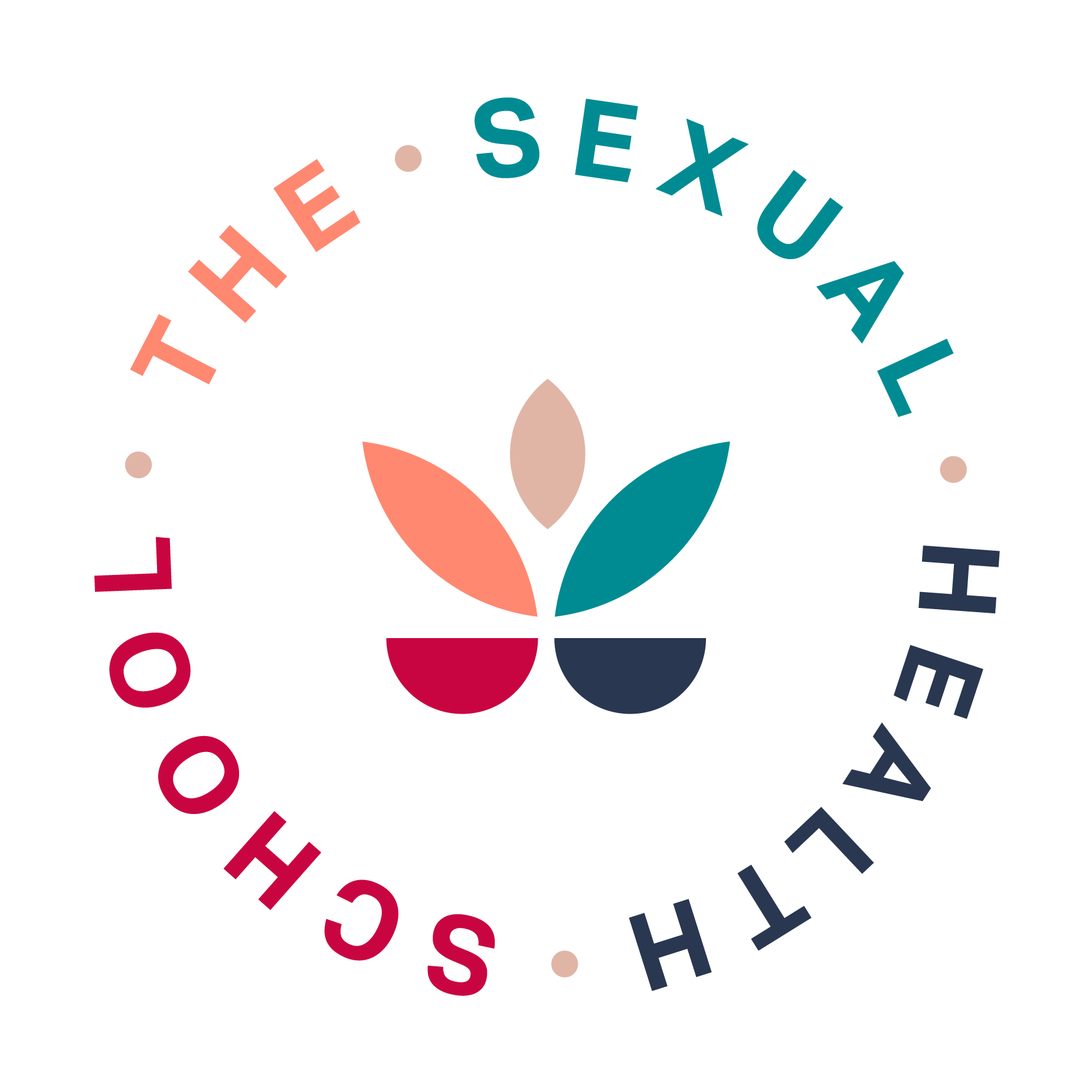Frequently Asked Questions

Who are the courses for?
- Licensed healthcare professionals seeking CEs to renew their license or their AASECT certification
- Individuals who are interested in becoming certified in sex therapy or sexuality counseling
- Psychologists
- Social Workers
- Counselors
- Marriage and Family Therapists
- Relationship and sexuality coaches
- Licensed and per-licensed mental health professionals
- Healthcare professionals (i.e nurses, physician assistants, medical doctors, and nurse practitioners)
- Educators, counselors, graduate students
- International students
- Clergy
- Teachers
- Integrative health practitioners (i.e. yoga teachers, massage therapists)
- Acupuncturists
- Physical Therapists
- Folx who are passionate about sexual health, and yearn to learn more
What are the course requirements?
- Complete the required learning activities
- Sign the Affirmation of attendance
Are the TSHS courses only for those who want to earn AASECT certification?
Are these courses approved by the American Association of Sexuality Educators, Counselors and Therapists (AASECT) and American Psychological Association (APA) to sponsor continuing education?
For further information on meeting certification requirements, please contact info@assect.org.
TSHS is approved by the American Psychological Association (APA) to sponsor continuing education for psychologists. TSHS maintains responsibility for this program and its content.
Who teaches the human sexuality CE courses?
Does completion of this program guarantee that I will obtain AASECT certification?
For detailed information on how to become AASECT certified, visit aasect.org or contact info@assect.org.
How long will it take me to complete the requirements?
What is required to apply for AASECT certification?
- A minimum of 150 AASECT CEs, comprised of 90 hours of Core Knowledge Sexual Health Education (75 of 90 hours may be earned through eLearning), 60 hours of Sex Therapy or Sexuality Counseling Skills Training (30 of 60 hours may be earned through eLearning),
- 300 hours of AASECT supervised clinical practice with clients who present with sexual concerns,
- For sexuality counseling - The applicant shall have completed a minimum of providing one hundred (100) hours of supervised sexuality counseling
- 50 hours of direct supervision of the 300 hours of sex therapy casework
- For sexuality counseling - The applicant shall have completed a minimum of thirty (30) hours of supervision with an AASECT Certified Sexuality Counselor Supervisor or an AASECT Certified Sex Therapist Supervisor.
- AASECT requires that you are under supervision for a minimum of 18 months prior to submitting your application.
- Sexual Attitude Reassessments (SAR)
What is a Sexual Attitude Reassessment (S.A.R.)?
A SAR exposes you to a wide range of sexual material with the goal of bringing awareness to areas that may cause you discomfort or relate to a bias. Through subsequent discussion and exploration, you have the ability to increase your comfort level, allowing you to continue forward with clients and in life with greater confidence, understanding, and empathy.
The SAR experience is multi-faceted. Guest speakers, journaling, exercises, and media all play a role. This leads the course to be more than just educational, but emotional as well. You’ll connect with various feelings, including vulnerability, spurring additional growth and enhances your sexual self-awareness.
How do I earn continuing education credit?
For online/on-demand/asynchronous learning activities:
Do you offer refunds?
- If you wish to withdraw from the program before the start of any live sessions, you must provide written notice of cancellation at least 30 business days in advance to hello@thesexualhealthschool.com.
- Requests submitted fewer than 30 business days before the program begins are not eligible for any refund.
What's your grievance policy?
Grievance Procedures
The Sexual Health School is fully committed to conducting all activities in strict adherence to the ethical principles and standards set by the American Psychological Association's Ethical Principles of Psychologists and the American Association of Sexuality Educators, Counselors, and Therapists (AASECT) Code of Ethics. We are dedicated to non-discriminatory practices in promotional activities, program content, and participant interactions. The program administrator, Dr. Janet Brito, along with representatives of The Sexual Health School’s Advisory Board, will oversee compliance with these standards.
Grievance Process
When a participant files a grievance (either orally or in writing) and expects action to be taken, the following steps will be followed:
Grievances Concerning a Speaker or Presentation Style:
The participant will be asked to submit their concerns in written format.
The program administrator and an advisory board member will review the grievance and forward it to the speaker, ensuring the confidentiality of the participant.
Grievances Involving the Program Administrator as a Speaker:
The participant will be required to submit their concerns in writing.
They will be informed of any potential breach of confidentiality due to the grievance involving the program administrator directly.
Further communication regarding the grievance will be managed solely by an advisory board member.
Grievances Related to Workshop Offerings, Content, or Facilities:
The participant will be asked to provide written feedback on their concerns.
The program administrator and an advisory board member will mediate the grievance and serve as final arbitrators.
Depending on the nature of the grievance, the following actions may be taken:
The participant may be transferred to another workshop.
A partial or full refund of the workshop fee may be provided.
If the Participant is Unsatisfied with the Resolution:
They will be directed to submit their grievance in writing to the appropriate governing body, such as AASECT.
AASECT personnel can be reached at ce@aasect.org.
Response Timeline and Documentation
All grievances will be reviewed, and a formal response will be provided within 30 days via email.
If the grievance is unresolved through the outlined methods, an external consultant may be engaged to mediate and assess the issue.
All grievances will be documented and retained for a period of up to seven years.
The Sexual Health School values participant feedback and is committed to resolving grievances in a fair, transparent, and ethical manner.
Contact name(s):
Founder: Dr. Janet Brito
Advisory Board Member, Yadira Castillo, LCSW
Advisory Board Member: Dra. Lorena Vázquez Santiago
Advisory Board Member: Dr. Jorge Cienfuegos Szalay
Email(s): hello@thesexualhealthschool.com
*Revised: January 10, 2025



